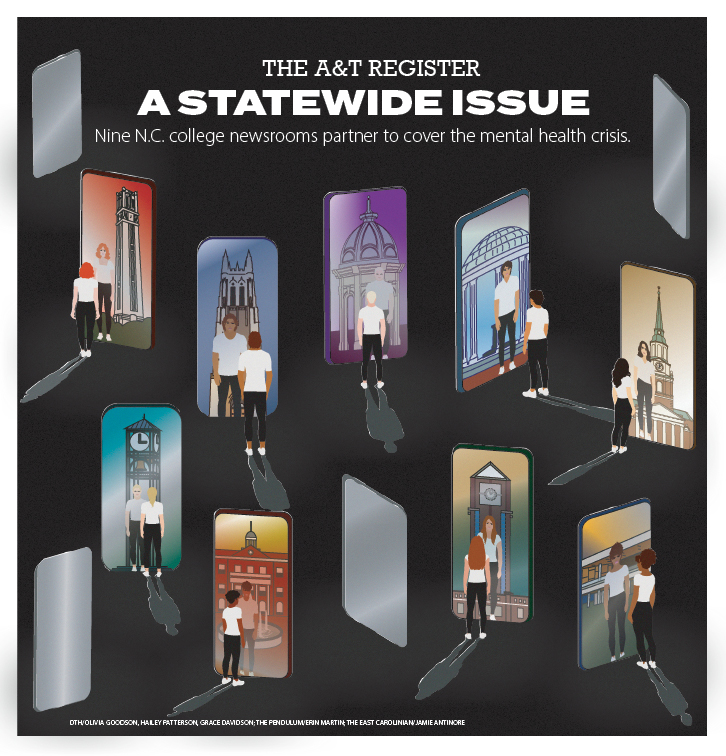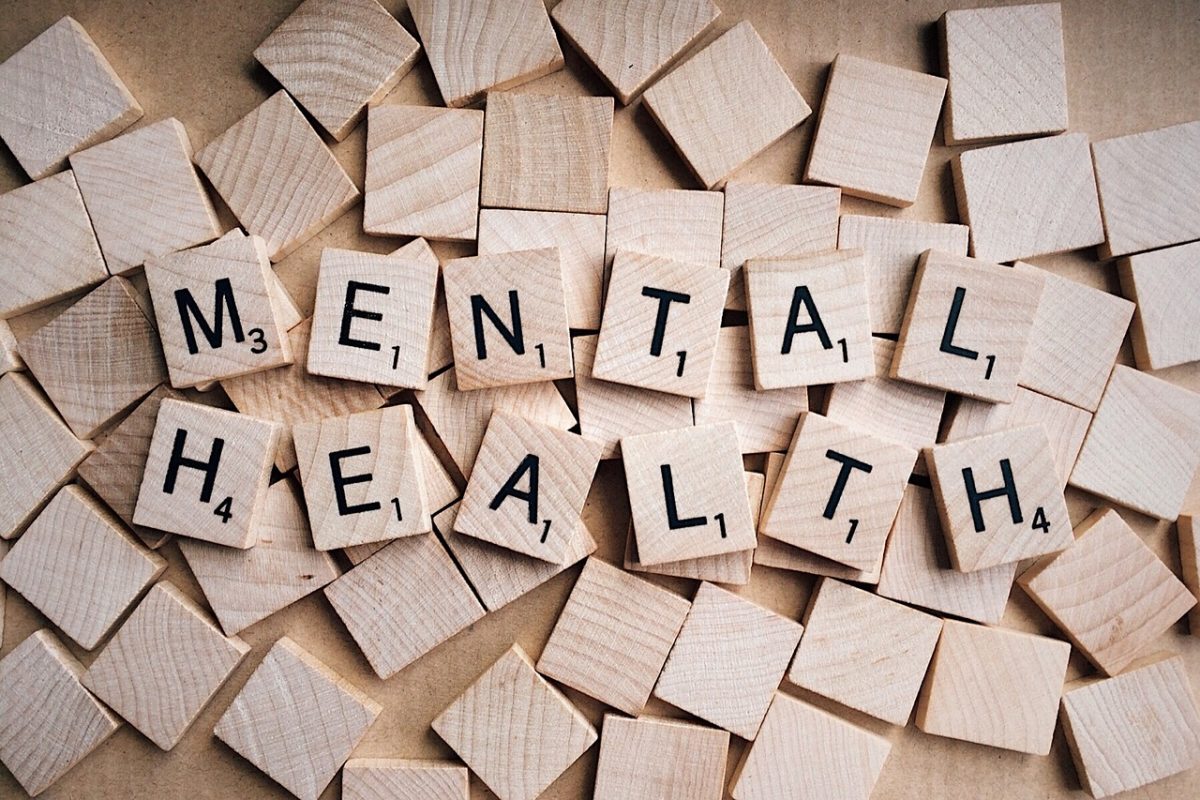Growing up as Gen Z, there have been many moments in our lives that have affected us. We have lived through cultural moments of great magnitude. But, when I look back and think about the situations we have had to live through and experience, I have also been able to recognize the strength and resilience we have had in surviving these moments.
From growing up in a post 9/11 world to living through the age of social media. From going through school practicing shooting drills in the case of a school shooting to living through the COVID-19 pandemic, there have been many moments where our mental health has been affected through these experiences.
In May 2022, the American Psychological Association released a statement that highlighted the great need for mental health services for HBCU students. And shared that “Black students experience disproportionate exposure to traumatic events compared to other racial or ethnic groups.”
2020 was one of the toughest years to have ever gone through. As a 2020 graduate, and as a Black woman, dealing with two extreme moments in history (George Floyd’s tragic death and the COVID-19 pandemic) took a toll on my mental health; as I am sure the same can be said for many of us.
The tragedy of Floyd’s death underlined the everyday battles that Black people still face in this country, and how deep it can go. And in hand with the pandemic, both situations highlighted the necessity of mental health advocacy and support. It underscored the importance of removing the stigma around conversations that focus on mental health and providing efficient resources for it.
Although things may have changed and improved, the mental health crisis has not gone away, and we must continue conversations around it and on what can improve.
So when Emmy Martin, The Daily Tar Heel’s Editor-in-Chief approached me about a special mental health project, I knew that The A&T Register had to be a part of such an important initiative.
I wanted to use our voices and perspectives to shed light on how mental health affects people within our community and the different things that are being done individually and on campus to help make a difference.
That’s why The A&T Register participated in a collaborative project with eight other college newspapers to report on mental health challenges shared by those in each of their communities.
This Mental Health Collaborative, led by The Daily Tar Heel, results from months of rigorous reporting, research, conversations, writing, editing and designing.
Many of the stories you will read in this collaborative do more than just present a problem — they also explore solutions to this crisis.
The A&T Register is honored to have had the privilege of working with The Daily Tar Heel, The Duke Chronicle, The East Carolinian, The Niner Times, The Old Gold & Black, The Pendulum, The Seahawk and Technician on this project.
With more than 30 reported stories and seven opinion pieces, we touch on many issues related to mental health, from how UNC-Chapel Hill graduates are using art as therapy to how POC students and international students alike are building communities at East Carolina University.
While there’s still more that must be done, this is a step toward that future. As we navigate the complexities of mental health, we must not lose sight of the individual people behind the statistics — the students, faculty, families, and communities affected. Their stories, their struggles, and their resilience should serve as a guiding light. We hope that this mental health collaborative project serves as a call to action to create a future where no one suffers in silence.
@rosegaliecineus | [email protected]
Mental health resources at N.C. A&T
- Call or text 988 or chat online if you’re thinking about suicide, are worried about a friend, or need emotional support.
- Text START to the Crisis Text Line at 741-741.
- Students can call N.C. A&T Counseling Services at (336)-334-7727 or drop-in Monday through Friday from 8 a.m. to 5 p.m. at Murphy Hall, Suite 109.
- N.C. A&T Counseling Services provides individual and group counseling, outreach and consultation, psychological testing and research, among other services.
- If more intensive or specialized care is needed, they will assist with making referrals to healthcare providers in the community.
Faculty, staff and students can visit Aggie Employee Wellness for wellness resources online



